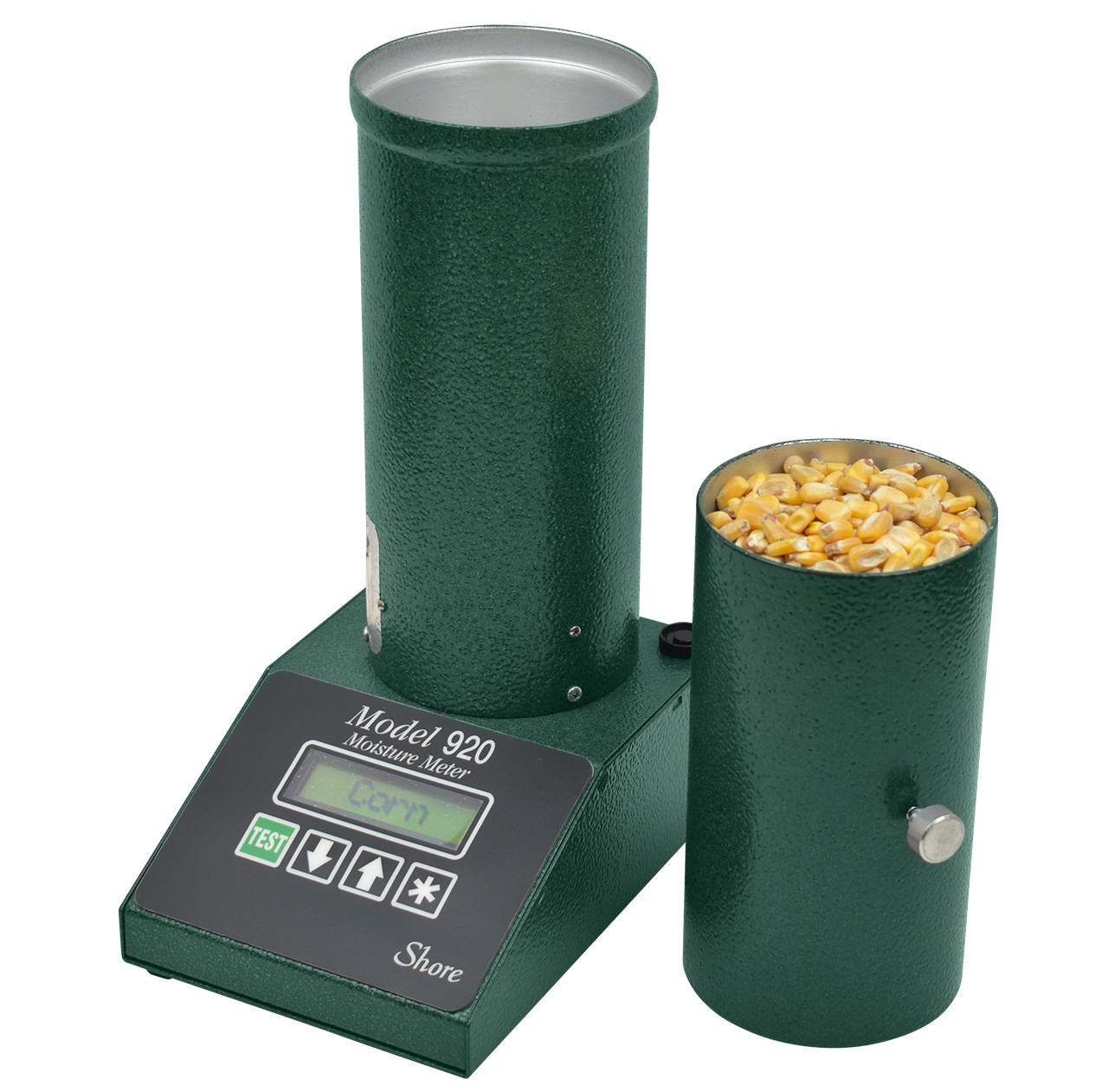The Ultimate Overview to Dampness Meters: A Comprehensive Summary and How They Can Conserve You Money
Wetness meters offer as important devices in identifying and keeping track of moisture content in materials, assisting in avoiding costly problems and making sure the high quality of products. Recognizing the subtleties of different types of dampness meters, their applications, and the possible cost-saving benefits they offer can be a game-changer for experts and organizations alike.
Sorts Of Moisture Meters
One usual kind is the pin-type moisture meter, which gauges the electric resistance in between 2 pins placed right into a product. Pinless wetness meters, on the various other hand, usage electro-magnetic sensing unit plates to check a bigger area without triggering damage to the material's surface area.

Moreover, there are likewise specialized dampness meters created for certain products like dirt, grain, or hay. These meters offer accurate dampness readings tailored to the distinct properties of the product being checked. Infrared wetness meters measure the thermal properties of a product to identify its moisture web content non-invasively, making them helpful for applications where pin or pinless meters may not be suitable. Understanding the different sorts of wetness meters available can help sectors pick the most ideal device for their certain wetness dimension requirements.

Advantages of Using Moisture Meters
Moisture meters use very useful benefits in accurately keeping track of and analyzing dampness degrees in varied products and atmospheres. One of the main advantages of utilizing wetness meters is the prevention of possible damage created by excess wetness.
In addition, using dampness meters can lead to enhanced power performance. In agricultural setups, moisture meters play a critical role in enhancing plant yields by making it possible for farmers to keep track of dirt moisture degrees and make educated irrigation decisions.
Just How to Select the Right Moisture Meter
When selecting a wetness meter, it's crucial to ensure that the meter is suitable for the details material you will certainly be testing. Different products have varying electrical residential properties that can impact dampness readings, so picking a meter made for your product is critical for precise outcomes. By very carefully reviewing these aspects, you can select a dampness meter that fulfills your requirements and supplies precise moisture dimensions for your projects.
Correct Techniques for Dampness Meter Usage

Cost Savings Through Moisture Meter Applications
How can the strategic application of dampness meters cause considerable expense savings across numerous sectors? Wetness meters play a vital function in cost savings company website by protecting against possible damages and guaranteeing quality assurance in different fields. In the farming market, moisture meters help in figuring out the ideal time for harvesting crops, preventing excess or over-drying dampness that can impact the final item's high quality. This accurate tracking helps farmers stay clear of unnecessary losses and maximize their yield.
Similarly, in construction, dampness meters assist avoid costly problems by identifying wetness levels in structure materials, such as timber or concrete, which can cause architectural issues otherwise addressed immediately. By determining problem locations beforehand, specialists can take corrective steps go to these guys to stay clear of extensive repair services or replacements, inevitably saving money and time.
Moreover, in the food handling industry, dampness meters are important for checking product high quality and making sure conformity with safety guidelines. By accurately gauging moisture material in food, suppliers can prevent perishing, preserve quality, and minimize waste, causing substantial cost savings. Overall, the tactical application of wetness meters is a useful financial investment that can bring about significant price decreases and boosted performance throughout numerous sectors.
Verdict
In verdict, dampness meters are beneficial tools for measuring and identifying wetness degrees in various products. By using the right dampness meter and following correct methods, users can properly avoid costly damages triggered by excess moisture.
Dampness meters serve as important tools in spotting and monitoring moisture material in materials, assisting in stopping costly problems and ensuring the top quality of products. Infrared dampness meters determine the thermal residential or commercial properties of a product to identify its dampness material non-invasively, making them valuable for applications where pin or pinless meters may not be ideal.Moisture meters provide indispensable advantages in precisely keeping track of Related Site and assessing wetness levels in diverse materials and settings. In agricultural settings, wetness meters play a crucial duty in optimizing crop returns by allowing farmers to check dirt dampness degrees and make notified watering choices.In verdict, dampness meters are beneficial devices for determining and discovering wetness levels in different materials.
Comments on “The Ultimate Overview to Selecting the Right Moisture Meter for Your Needs”